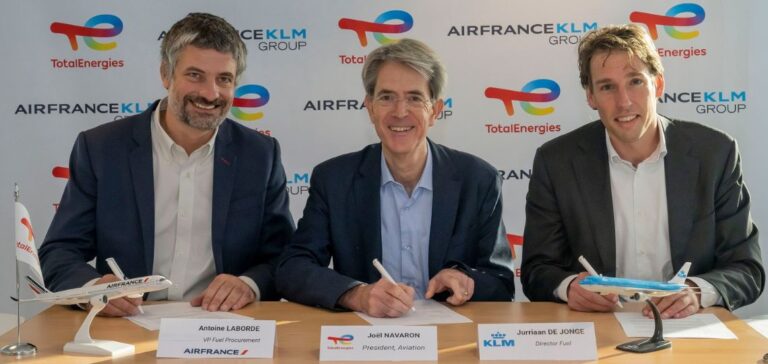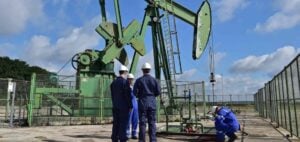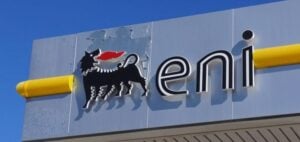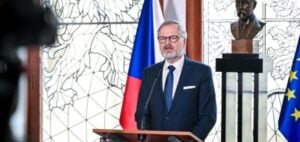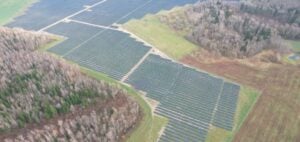TotalEnergies and Air France-KLM sign a memorandum of understanding to deliver 800,000 metric tons of sustainable aviation fuel (SAF).
A 10-year partnership
TotalEnergies and Air France-KLM have agreed to deliver SAF for 10 years starting in 2023. The French company will produce this sustainable jet fuel in its biorefineries. It will be used for flights from France and the Netherlands.
SAF reduces CO2 emissions by at least 80% on average over the entire life cycle, compared to their fossil equivalent. Air France-KLM has a procurement policy that does not compete with human or animal food. Air France-KLM and TotalEnergies are working together to promote the development of a more responsible aviation sector.
TotalEnergies and Air France-KLM have been working together for nearly 10 years on the use of sustainable aviation fuel. Indeed, their partnership begins with “Lab Line for the Future” in 2014. With this partnership, 78 flights between Paris-Orly and Toulouse and between Paris-Orly and Nice used 10% of TotalEnergies SAF.
A strategic fuel
Both companies participated in January 2020 in the call for expressions of interest launched by the French government. Thus, in May 2021, the first flight between Paris and Montreal was operated with 16% SAF. In October 2021, an Air France flight between Paris and Nice used 30% SAF.
In May 2022, an Air France flight was operating in the SkyTeam Sustainable Flight Challenge between Paris and Montreal with 16% SAF. Then, in June 2022, several flights operated by Air France-KLM as part of Connecting Europe Days, powered by 30% SAF. Patrick Pouyanné, Chairman and CEO of TotalEnergies, said:
“The development of biofuels is one of our company’s strategic priorities. This new partnership with Air France-KLM illustrates the excellence of the French aviation industry and its commitment to a more sustainable aviation sector. By directly reducing the carbon intensity of energy products used by our airline customers, we are actively working with them to achieve zero net emissions by 2050, in collaboration with society.”
SAF fuels come from waste and residues from the circular economy such as animal fats or used food oils. These sustainable aviation fuels will significantly reduce CO2 emissions from air travel. In addition, TotalEnergies aims to produce 1.5 million tons of sustainable aviation fuel by 2030.

